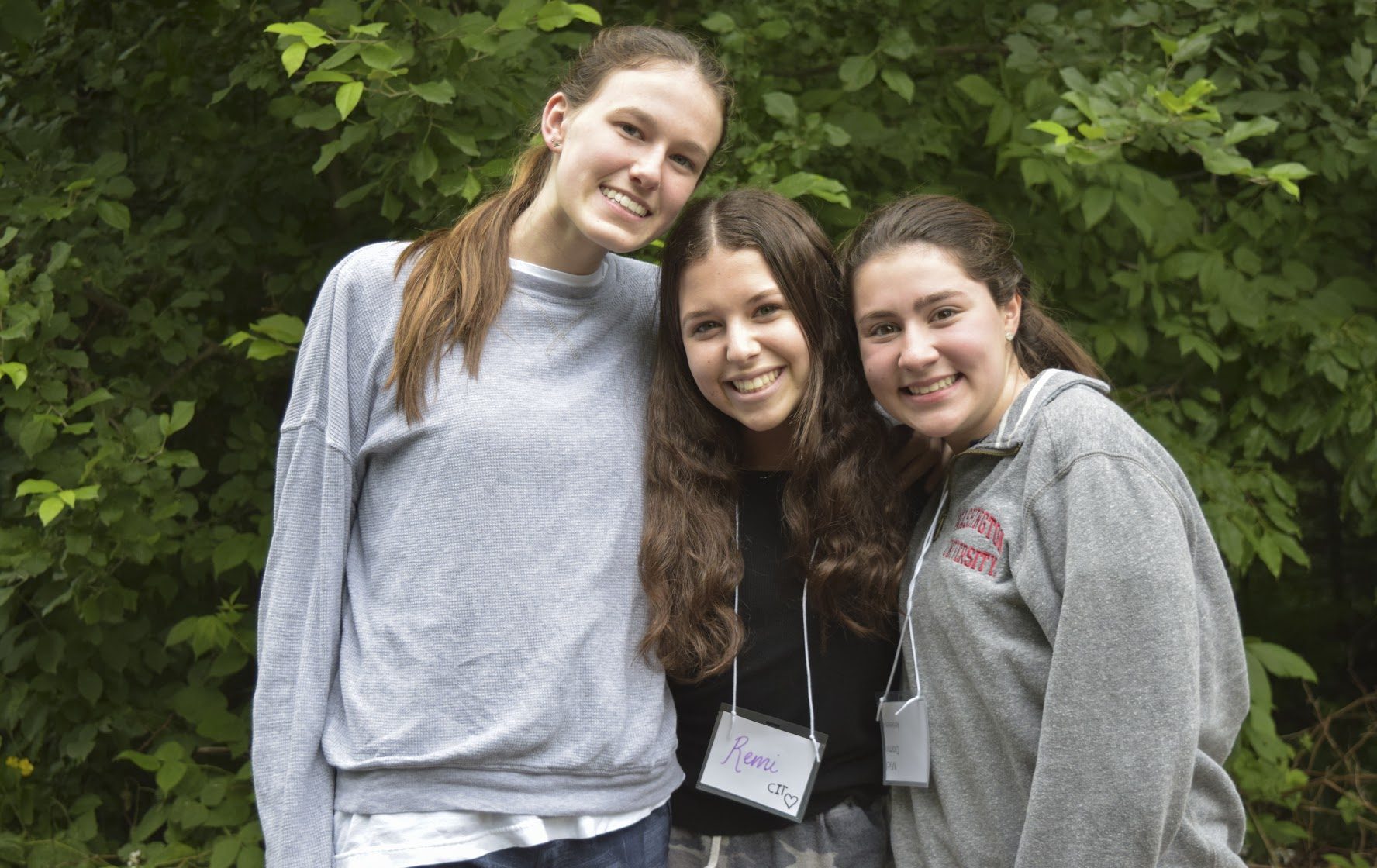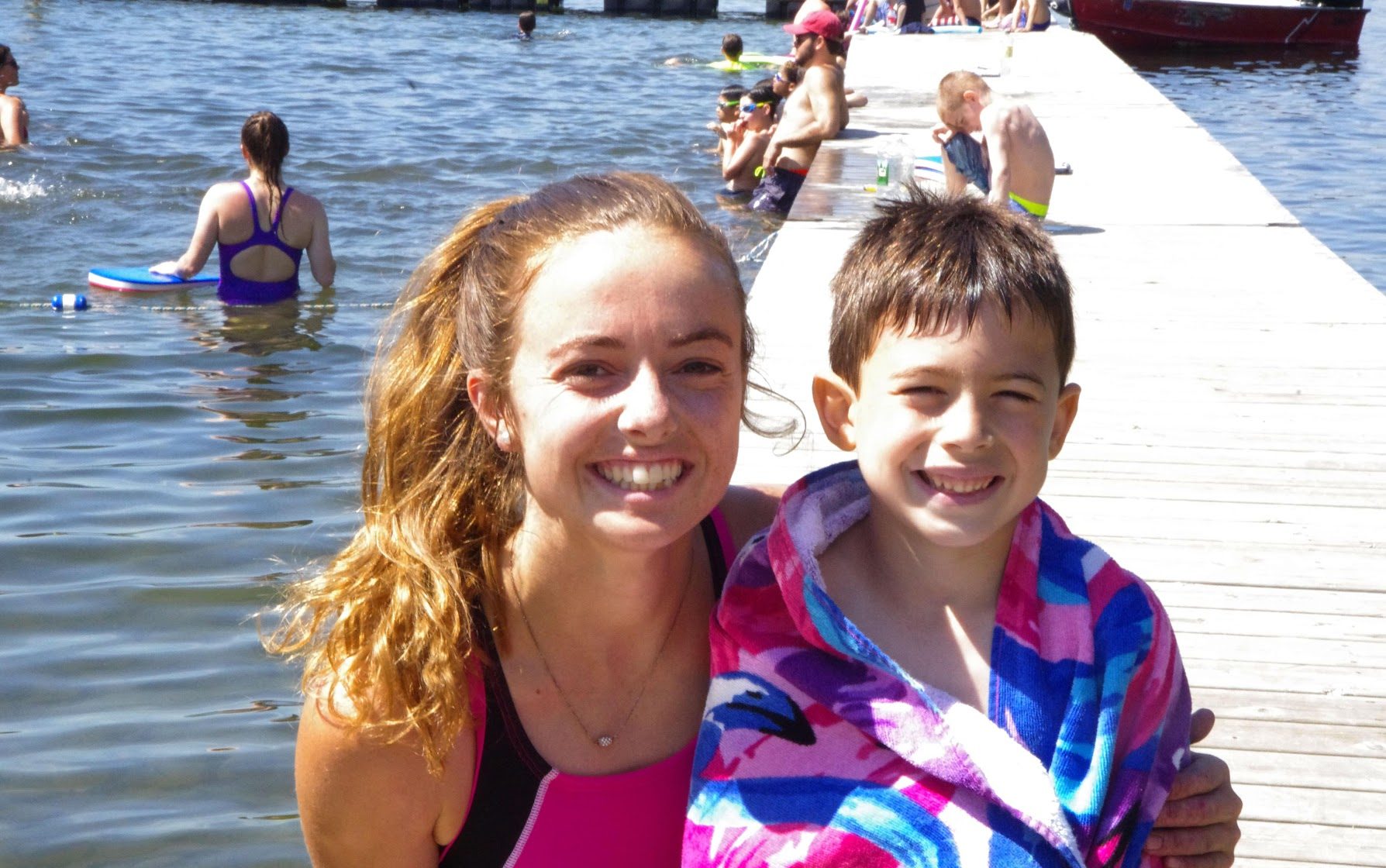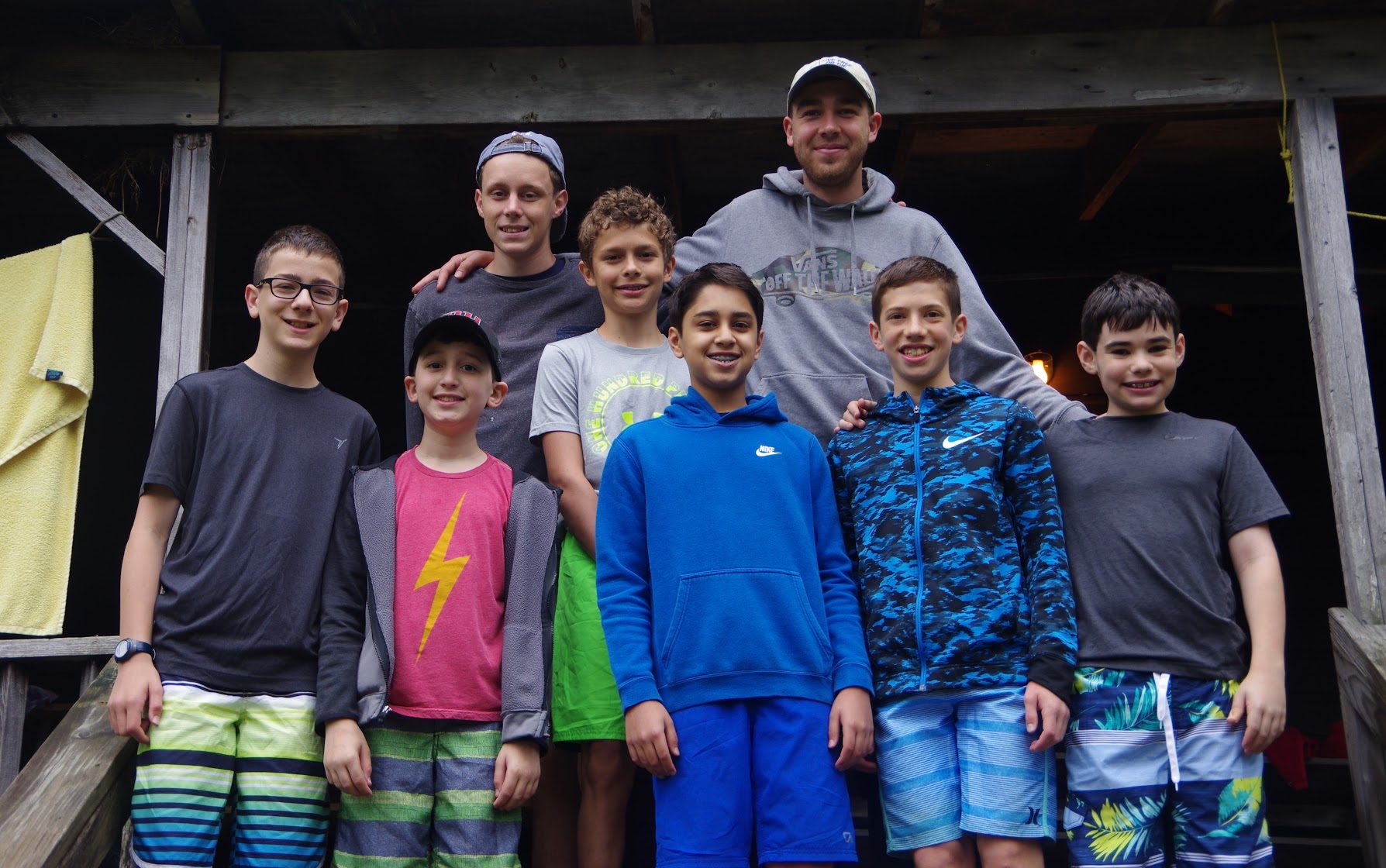Why Becoming a Camp Counselor is the Best Move for Your Career
Lady Gaga, Michelle Obama, and Denzelle Washington may be the most famous former sleepaway camp counselors. But they’re not the only success stories. Working as a summer camp counselor is an experience that will give you valuable skills you’ll be able to call upon throughout your career. In fact, former Disney CEO Michael Eisner described his days as a summer camp counselor as some of the most valuable leadership training he ever had.
It may sound like all s’mores and roses, but being responsible for the well being, safety and education of kids in an ever-changing environment is hard work. You’ll gain the same kind of C-Suite lessons they teach in M.B.A. programs, minus the price of admission, and walk away with more real-world experience than your typical internship. Best of all, these lessons will serve you well no matter if you enter the workforce during a downturn or a booming economy. (Though camp is definitely a good place to hone your skills as we wait to rebound from our current crisis).
So many of our former counselors tell us how much of their time on staff at Camp Walt Whitman has helped them professionally, and not just because of the valuable connections you can make at camp. Here are a few of their stories and skills you’ll learn on the job as a counselor at sleepaway camp:

Skills You’ll Develop as a Camp Counselor
LEADERSHIP
It doesn’t matter if you consider yourself a leader or not, the moment children arrive at camp their counselor is their biggest role model. The way our campers talk about our staff when they leave is a testament to the leadership skills camp instills. You won’t only be a leader for the younger generation, you’ll also have endless opportunities to lead amongst your peers. You’ll learn when to step up and take charge; and when to step back and elevate other people to their greatest potential, both integral roles at different moments.
Mike Shiffman, the Vice President of Content Strategy at ESPN, explains the leadership lessons he learned as a CWW counselor: “As a leader, I pride myself on being real and transparent with my team. You help grow people by listening and asking questions, and this also empowers them. I feel strongly that leaders who can do things such as sit and have meaningful non-work conversations with members of their organization are the most effective leaders. Again, this all comes back to being real with people, and that is something Camp fosters in its staff,” he said.
TEAMWORK
Camp people are some of the best team players you will ever meet. In a camp setting you cannot do everything on your own, and we need all different personality types and strengths to be able to meet each and every child where they are. You’ll learn to ask for help and how to work with a diverse group of people, from age 7 to 70, from over 30 different countries. Camp will teach you the importance of listening to others’ perspectives and the benefits of working with people from diverse cultures and backgrounds.
“Working at Camp Walt Whitman helped shape me as a young professional,” ESPN’s Mike Shiffman added, “and the values fostered at CWW are still with me to this day. I learned that the group was bigger than any individual person and it was going to take collaboration to provide the best summer possible for the many different kids attending Camp. This has proven to be a valuable skill set in my career as collaboration, building teams, and building consensus are key to any successful organization.”
COMMUNICATION
Camp staff learn to effectively communicate well with people of all ages, backgrounds and cultures. At the end of your time working at camp, you’ll know the importance of both verbal and non-verbal communication. You will learn how to conduct yourself during a performance evaluation with a supervisor, how to have difficult conversations, how to confidently talk with a parent of one of your campers, and how to patiently comfort an upset child. You will learn to tailor your communication style to the appropriate audience no matter their age or background.
Psychologist Debbie Neft says she often relies on the skills she honed in her five years as a staff member at CWW. “Working at camp I learned to listen first, absorb, and then respond to my campers, co-counselors, and parents. This ability to communicate effectively was essential to getting to know my campers as individuals. This is a skill I rely on heavily as a therapist.”

PROBLEM-SOLVING
While you’ll have a great supervisor and a strong support system, no one is holding your hand throughout the day. When plans change at the last minute, you will learn very quickly that you’re the ‘go-to’ person for your campers. You’ll deal with your fair share of stress, think on your feet and problem solve throughout the day to face the myriad challenges that may arise. Our camp environment teaches staff to be solutions-focused, how to fail with grace, and forge ahead to resolve an issue. Imagine confidently walking into an interview for your dream job and being able to explain how you effectively solved a problem, thanks to, not in spite of, failing.
Tara Cook Littman, a former Assistant District Attorney and current food policy advocate said, “My years as a counselor at CWW prepared me for my career and life in ways I never anticipated. As a NYC Assistant District Attorney I faced new challenges every day and had to think on my feet constantly in court. Being a camp counselor helped me acquire the problem- solving skills I needed to react quickly to some very stressful circumstances.”

CREATIVITY
Creativity at camp is all about being resourceful; it’s not about defaulting to what’s traditional or easy. Our staff learn and improve upon their creativity each day. Maybe there is a camper who will only eat yellow foods, or another who is afraid of heights. Regardless of the situation, you’ll likely face situations you’ve never experienced before. In those moments, you’ll learn to adjust your perspective and think outside the box in order to help campers learn about themselves, overcome challenges, and become more confident. Creativity is at the heart of what we do and you’ll build and improve upon this skill throughout your weeks at CWW.
Amy Zearn found this to be true in her career. “In the early years of Amazon,” she said, “I leaned heavily on my ability to multitask, be creative and problem solve.” Adds psychologist Debbie Neft, “At CWW, I also learned to be creative and flexible in my approach to work. It took creative ideas to engage campers and flexibility to help each day run smoothly, no matter what challenges it brought. I have been very fortunate to be able draw on these skills as I have built and grown my own practice.”
RESILIENCY
Camp staff can handle anything. Instead of avoiding challenging situations, they handle them step-by-step, with a smile on their face. All because it needs to be done, not because anyone asked them to do it. At the end of camp, you’ll know you can be positive in the face of difficulty. You’ll work 16 hours a day for 2 months with a smile on your face despite very little time to yourself. Working at camp proves you can be ‘on’ for extensive periods of time while balancing your own needs with the needs of those around you. You’ll know that you can fail, pick yourself up, try again and not let it get you down.
Former counselor Tara Cook Littman credits her work at camp with this strength. “I am grateful for my years as a camp counselor at CWW for making me a more resilient adult who can take on challenges with confidence,” she said.
Check out our FAQ section to learn more about what life is like as a camp counselor!








